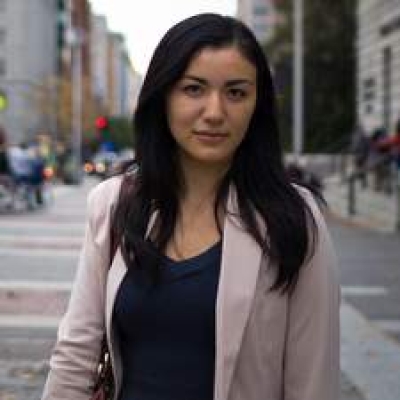A first look at the most important education news from this weekend and today:
Fordham's latest"How best to integrate content and practices in science," by Paul Bruno, Common Core Watch |
An MIT student’s thesis found that Boston’s charter school students tend to do better on standardized tests than their peers in traditional public schools; but even more interestingly, he found that those most in need of improvement tended to benefit most, taking a whack at critics who argue that charters succeed by “cherry-picking” the best students. (Boston Globe)
A computer glitch by McGraw-Hill Education left over a thousand New York City high school graduates without confirmation that they had passed their Regents exams. (New York Times and Huffington Post)
A two-year RAND study found that students who used a blended algebra program significantly improved their performance in the subject. (Inside School Research)
As more student information is moved online—for use in instruction, for example—online security experts and parents express privacy concerns. (New York Times)
The 2013 KIDS COUNT data book, a yearly catalog of child well being, finds that preschool attendance is up—but poverty rates remain “troubling.” (Early Years)
In what has been seen by some as a “critical test” of how Colorado’s antidiscrimination laws would apply to transgendered students, the state’s civil-rights division ruled that a school district discriminated against a transgender first grader when it disallowed her from using the girl’s bathroom. (New York Times)
A preschool autism program immerses children with spectrum disorders into classrooms with normally developing students who have been trained on how to work and communicate with them. (Education Week)
